It’s no secret that candidates have the power in today’s labor market, but that still doesn’t mean you should start looking for your next opportunity without a job search strategy in place. With the following eight tips, candidates should have a great starting ground to form a job search strategy that will land them not just any opportunity, but the right opportunity.
Well, it finally happened. Your co-worker Sally just announced that she’s leaving – she landed a new job with a competitor, about the same level as her current position. She told you confidentially that she’s receiving an 18% salary increase, and you’re happy for her…publicly. Privately, your thoughts are quite different.
You just completed your annual review last week. Your boss lauded your performance and was thrilled to give you a whopping 2.7% increase! You’re special, that’s the highest on the team! 
The kicker is that you work closely with Sally, her work is mediocre at best, and now she’s going to be earning over 15% more than you are here at Widgets, Inc. What’s wrong with this picture?
Well, that’s not happening. If you can change jobs in 2018 and receive an 18% pay increase like Sally, you’re down for that! But what do you do now? What’s your plan? Time to make one!
Stories like Sally’s are becoming increasingly common in 2018, but to take advantage of the remarkably good labor market conditions this year, having a job search strategy (plan) will significantly increase your likelihood for success.
Below are a few suggestions to consider when making your plan to follow in Sally’s footsteps and get that great next job with an 18% raise.
- Know Yourself. Take the time to truly evaluate your knowledge, skills, experience, and noteworthy accomplishments. What are your strengths, and in what areas can you improve? What can I bring to a new employer that sets me apart from other candidates? What am I lacking that may prevent me from successfully pursuing some positions? This first step is critical in putting together the rest of the plan – so take some time, think objectively, and do it properly.
- Know the Market. This is not overwhelming but may be more challenging than it seems. The key is to be thorough, then candidly interpret and properly leverage the vast array of data and information that’s online in 2018. Don’t just take one bit of information and run with it – see if other sources confirm or refute that data, make certain that it applies to your market niche, and put together a holistic understanding market conditions and how they relate to you specifically.
- Know Your Target. OK, so you don’t have a 27-year career plan that spells out where you want to be at every point in time, but that’s fine. The key question is “what’s the next best type of position and type of company for me right now”. This is all about you, no worries, right? Not so fast, my friend. Stop and really think these things through rather than just applying to every job that sounds good. This may be the most important part of the plan, and the most critical factor in making sure that your next job takes you closer to where you want to be two years from now.
- Know Your Resume. Yes, it’s time consuming and takes effort. No, you can’t just add a couple of bullet points to your resume from 2010. Start over. If you don’t believe that your resume is the most important factor in getting that call or interview, you’re mistaken. Sure, you’ll dazzle them in the interview and your resume is just words on a page but think of it this way: Your resume IS you to the recruiter or hiring manager who’s meeting you through those words on that page. How you approach this is up to you. There are 897,651 guides online about resume preparation, resume templates, sample resumes – don’t get lost, just review several and take the best from each.
- 4a. Tailor your resume to align with every job you apply to. Yes, every job. This does not mean a re-write, it means taking the time to be sure that the bullet points and overall direction in your resume reflect those aspects of your background that make it easy for the recruiter or hiring manager to conclude that your background aligns with the most critical aspects of the role and gets you into the “call” pile.
- 4b. Update your LinkedIn Profile and make sure that it aligns with your resume. Yes, they’ll check. Additionally, you can mark yourself “Open to New Opportunities” on LinkedIn, making it even easier for recruiters to find and contact you for potential opportunities. The best part: Those that are internal to your current company cannot see that you’re open and looking for a new opportunity.
- Know the Company and the Job. If you’ve done a good job at defining your target companies and roles, you’ll understand why this is so important. And this is for YOU – before you apply – to be confident that you’re focusing your efforts on jobs that you really want. Don’t get lost in the 753 jobs that are posted online – be selective, be focused.
- Know your Network. Now that you’ve identified what seems like a great job for you, use your network to confirm your thinking. Better yet, reach out to who you may know at the company (or maybe someone in your network knows someone at the company) and get the scoop. Then, when your assessment of Wonderful, LLC is confirmed, use those contacts to learn what you can about who at the company is driving this search, check out their LI profiles and use that information to refine your resume tailoring or bring up some shared experience or colleague when appropriate.
- Know Your Schedule. This process will require effort and time, so develop a realistic schedule for completing the basics (yourself, market, target, generic resume) and for actually pursuing those opportunities that are best next steps for you. This isn’t something to tackle “when I have a few minutes tomorrow night” – make a real schedule with real time frames and real objectives. Hey, this is your future we’re talking about, not a final exam that you can cram for in a few hours.
- Know your Recruiter. Many of the most impactful positions in a company are very difficult to fill, and hiring managers are increasingly turning to executive search firms in these cases. Take that next call from a recruiter. What’s the worst that can happen? You learn about a company and a job that the recruiter has already “pre-qualified” you for? You get some insight about the market and the messages in your online profile or resume that you may have missed? Take the call.
By many accounts, this is the best market for job seekers in years, decades, ever? By any measure, this is definitely a good time to pursue that next step forward in your career.
Take advantage of these great labor market conditions by developing a plan that builds your knowledge, identifies your objectives, and positions you to be the candidate who’s always moving forward in the process.

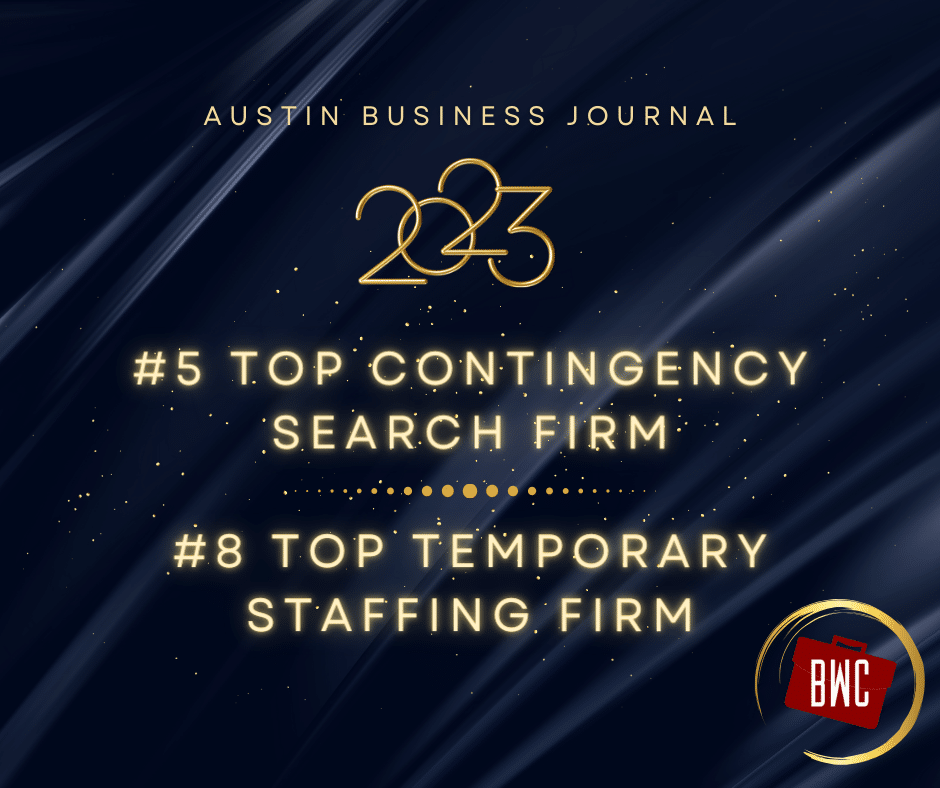
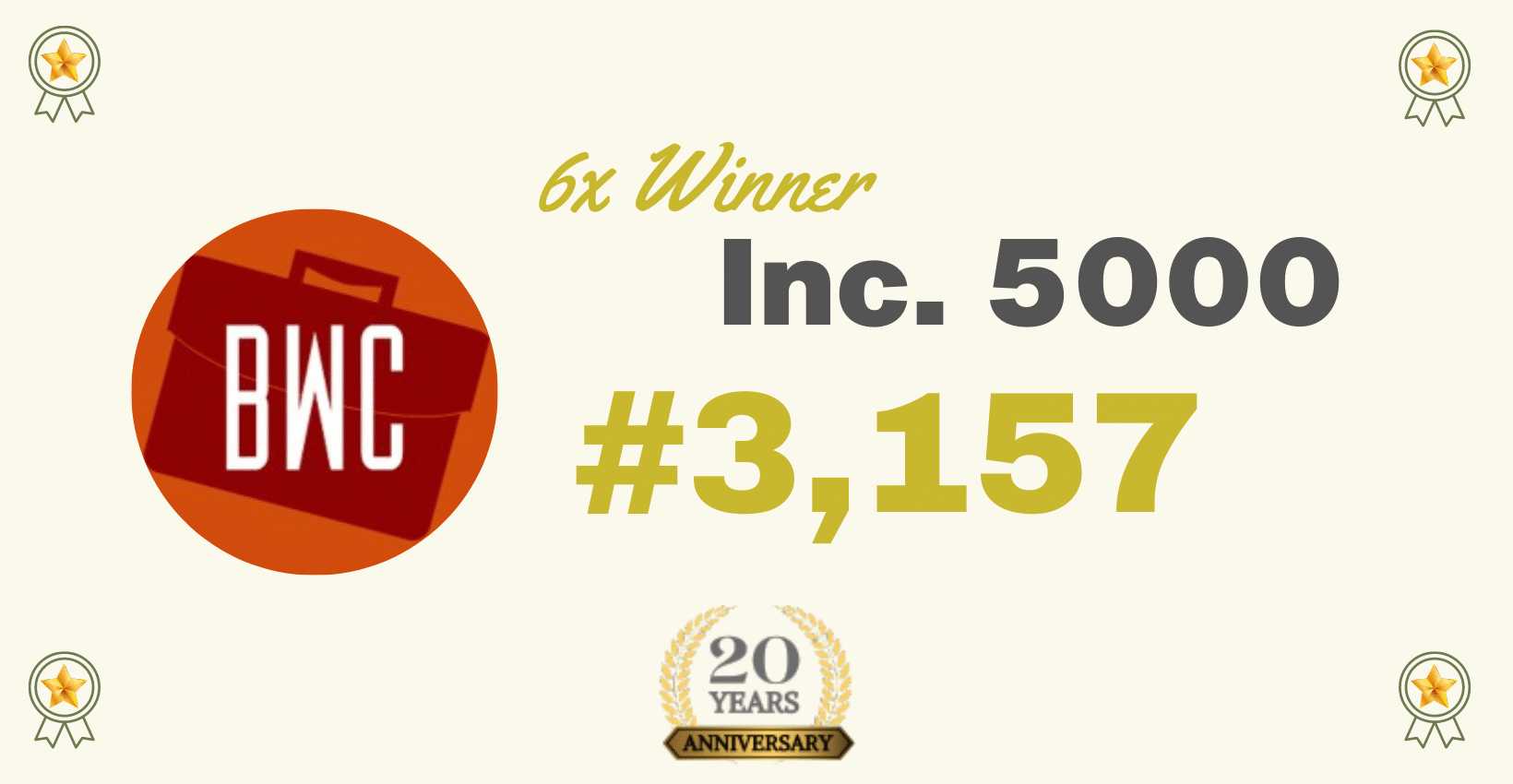
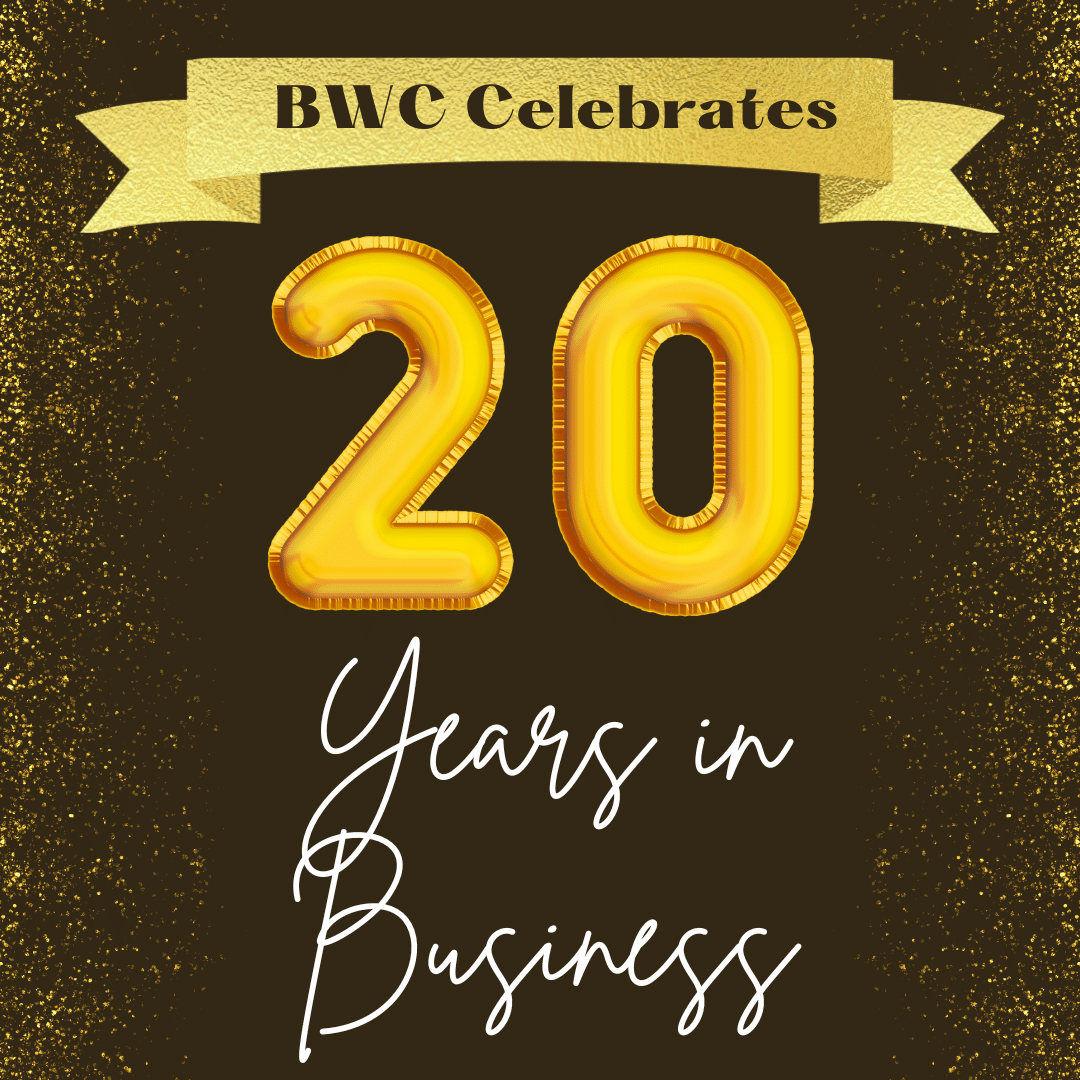
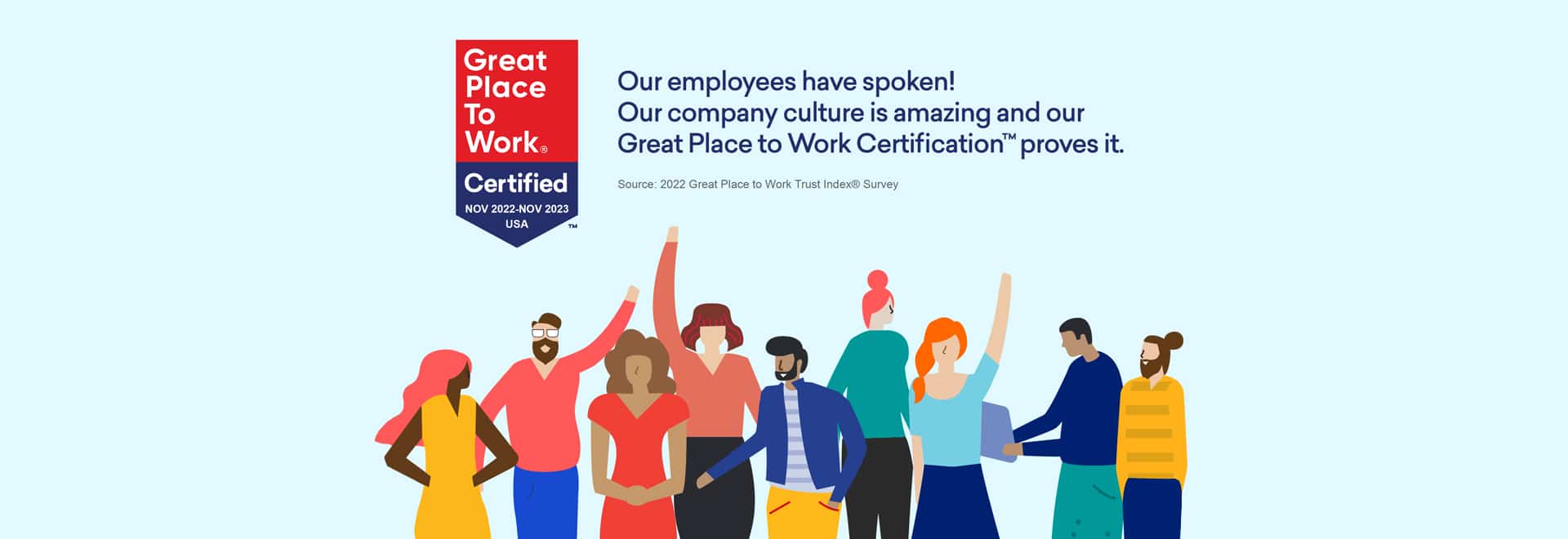
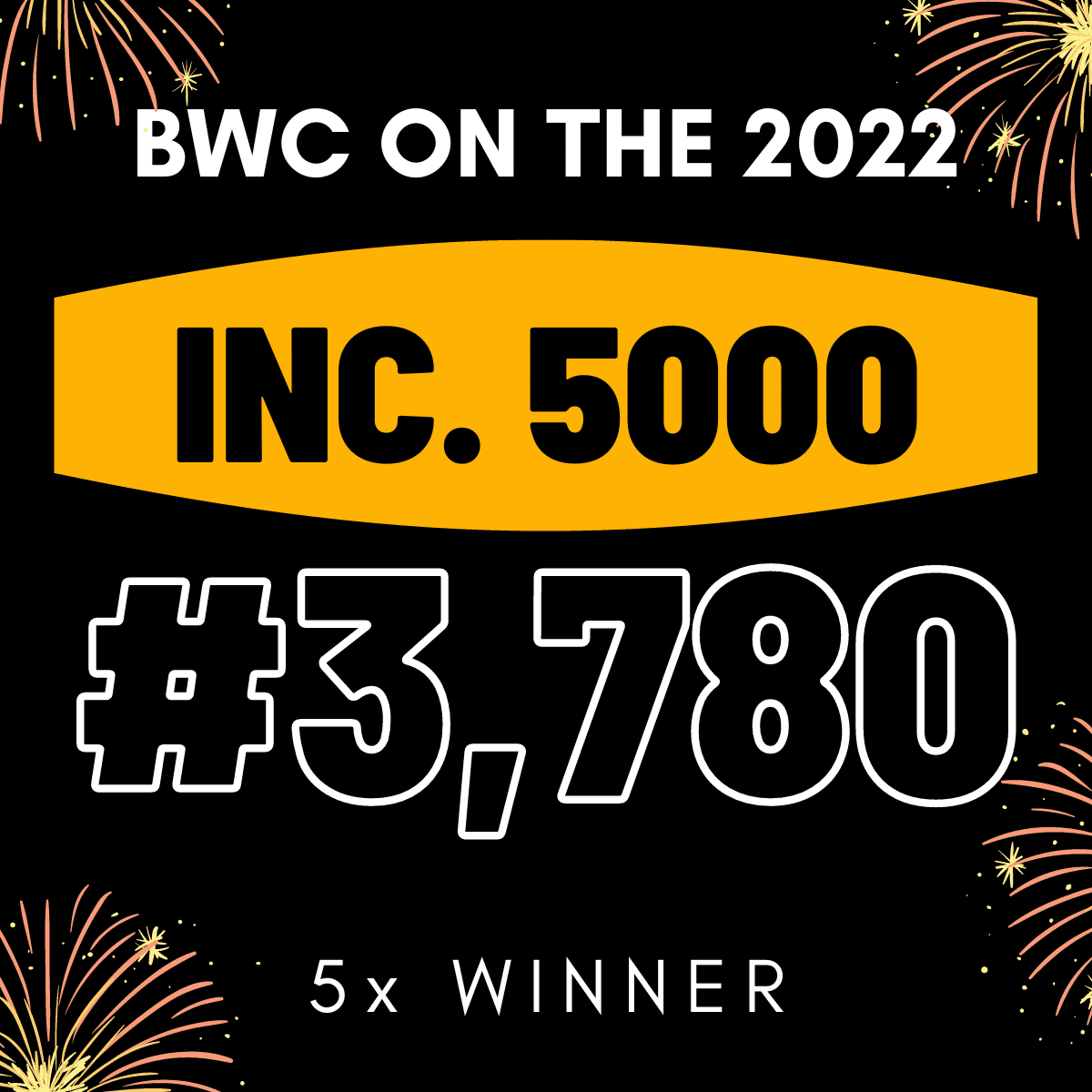
Thank you for explaining that it’s important to research the company and the job before applying. My sister has been talking about finding a new job lately. I’ll have to pass this advice to her since it seems like it could help her to find a job that she likes.